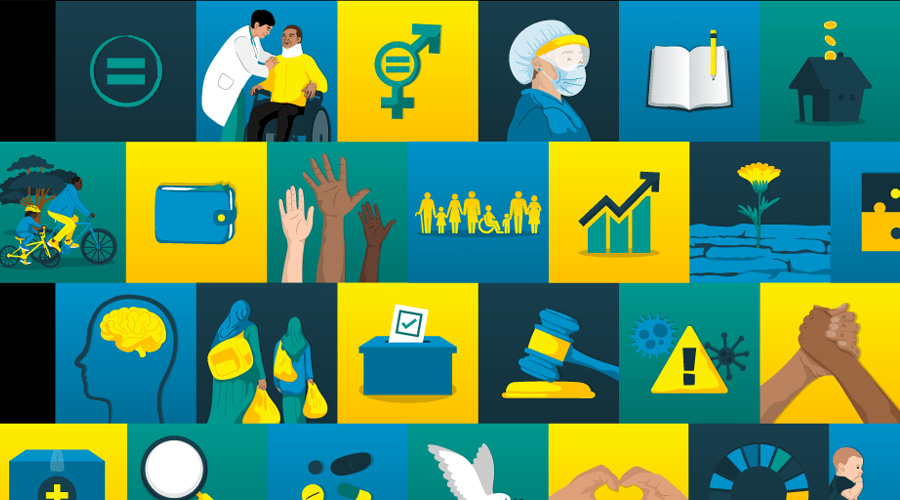
Armed With Apps and Accessories, Indian Healthtech Start-ups Now Seek To Revolutionize
Over 3,500 health IT businesses have sprung across India’s terrain in the last few years, and the sector is merely getting started. According to the journal Inc42, the health tech sector received $2.2 billion in capital across 131 deals in 2021, a figure that is expected to climb to $21.3 billion by 2025 with a CAGR of 27%. A 2020 FICCI-BCG report states that: “Health tracking devices and electronic health records combined with AI and Machine Learning (ML) technologies will not only pave the way for efficient chronic disease management but will also lead to the emergence of efficient clinical decision support systems.”
Comfort, convenience, and confidence have all become important aspects of healthcare today, with many people prepared to pay outrageous prices for them. As healthcare grows more patient-centric than ever before, technology has functioned as a bridge to that philosophy to a large extent. Here are some of the projects that some of the healthtech start-ups in India are working on:
Breast Cancer Screening
According to the World Health Organization, over 2 million women were diagnosed with breast cancer in 2020, with 6,85,000 dying from the disease, making it the most frequent malignancy. It has also been discovered that early diagnosis can lower the death rate.
Instead of X-raying, as is done in traditional mammography, Bengaluru-based start-up NIRAMAI—Non-Invasive Risk Assessment utilizing Machine Learning and Artificial Intelligence—Health Analytix’s portable gadget captures high-resolution heat maps for breast cancer diagnosis. The technique is painless, contactless, and radiation-free, and it may be done in the comfort of the patient’s own home. It’s especially beneficial for women from high-risk families & breast cancer survivors who are being monitored on a regular basis.
Epilepsy Alert:
Rajlakshmi Borthakur, CEO and Founder of TerraBlue XT, was motivated to focus on an illness that affects 50 million people worldwide by her son’s battle with epilepsy. TJay, TerraBlue XT’s main product, is an epileptic glove that is an IoT solution for efficiently dealing with epilepsy.
It consists of a wearable gadget with a machine learning/artificial intelligence-based software solution that, according to the business, may provide warnings about the start of epileptic seizures, allowing people with the illness to stay safe and seek urgent care to better control their condition.
Helping in Dealing With Dyslexic:
Oswald Labs, based in New Delhi and Enschede, the Netherlands, aims to make technology more accessible to dyslexic youngsters by providing pleasant reading solutions. Founders Anand Chowdhary & Mahendra Singh Raghuwanshi, as well as chief technology officer Nishant Gadihoke, have created a number of solutions for dyslexics, spurred on by the success of an online reading prototype tool they developed at a weekend hackathon.
Making Remote Monitoring Easy to Access:
Dozee, a Bengaluru-based company, has developed gadgets that can be slid underneath the bed—in medical wards as well as at homes—and give the convenience of seamless, 24-hour remote patient monitoring. It is especially useful in post-operative residential care, chronic disease management, geriatrics, and telemedicine since it monitors vital signs such as blood pressure, heart rate, and breathing rate.
While government initiatives such as Make in India, Startup India, and the Ayushman Bharat Digital Mission have accelerated the digitalization of India’s healthcare, the growing number of healthtech start-ups in the field will only strengthen it. The COVID-19 pandemic, fast digitalization, rising internet, and smartphone usage, and government initiatives such as the National Digital Health Mission have all contributed to this trend as well as Make in India. The healthcare industry is becoming more digital and inventing at a breakneck pace. As the rate of digital innovation accelerates, healthcare businesses and manufacturers will have more chances. Increase the number of patients, and the patient outcomes would improve.



















